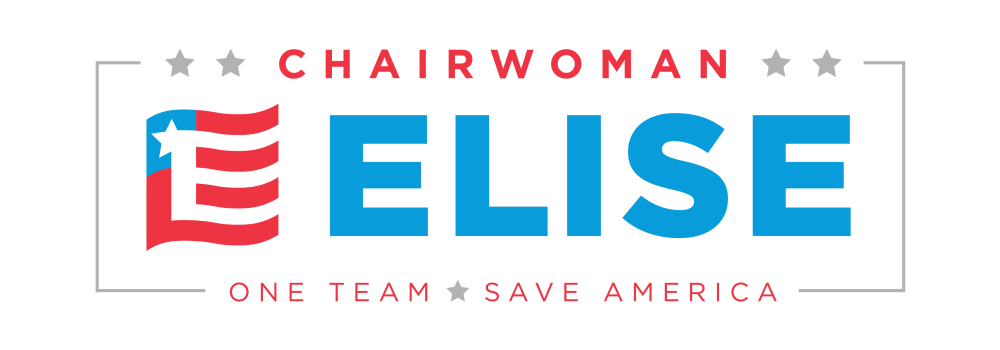By Michael Goot Published May 13, 2019
U.S. Rep. Elise Stefanik is one of 13 House members who signed a letter to the secretary of Department of Homeland Security, urging the agency to rescind any transfers of staff away from the northern border to the U.S.-Mexico border.
Stefanik, R-Schuylerville, and Democrat Brian Higgins of Buffalo, who serve as co-chairpersons of the Congressional Northern Border Caucus, are insisting that U.S. Customs and Border Patrol maintain strong staffing levels at airports and ports of entry between the United States and Canada.
“CBP’s consistent inability to attain its statutorily established minimum staffing levels and the reduction of service hours at several land ports of entry along the northern border, coupled with further reduction of staffing due to this deployment will cause excessive delays at crossings, expose the nation to security risks, and highlight key vulnerabilities,” the letter said.
The letter goes on to say that lawmakers are concerned by the timing as data shows steep increases in border crossings during the summer.
About 400,000 people and more than $1.6 billion in goods cross the U.S.-Canada border daily through more than 120 ports of entry, according to a news release.
Expanding rural broadband
Legislation to improve internet service in rural areas passed the House of Representatives on Wednesday.
The Access Broadband Act would require the U.S. Department of Commerce to establish the Office of Internet Connectivity and Growth with the mission to expand broadband access to underserved rural areas, according to a news release from Stefanik.
The new office would connect with communities that need access to high-speed internet; hold regional workshops to share best practices and strategies to promote broadband access; develop training and presentations for various demographic groups; track construction of broadband infrastructure built using federal support; and develop and distribute publications to guide communities in expanding broadband access.
“Increasing access to broadband in a rural district like mine is critical to our North Country economy and school systems,” Stefanik said in a news release. “The Access Broadband Act streamlines the system by creating an office dedicated to expanding access to broadband so that communities can grow and thrive.”
Child abuse prevention
Stefanik has co-sponsored an amendment to fund a national hotline to prevent child abuse.
Stefanik is the co-lead sponsor of the Stronger Child Abuse Prevention and Treatment Act and offered an amendment to create the telephone number.
The amendment was passed unanimously.
“Part of prevention is providing children with information they need to understand if what they are seeing or experiencing is child abuse,” Stefanik said in a news release. “That’s why I co-led an amendment to provide funding for a national child abuse hotline, which will equip both children and parents with the resources necessary to spot and stop child abuse going on in their own home or in someone else’s home.”
The overall legislation establishes national reporting requirements to more accurately track child abuse trends, expands research into child welfare and improves the grant funding process.
Prosthetics for women veterans
Stefanik is co-sponsoring legislation to direct the secretary of Veterans Affairs to submit a report to Congress about the availability of prosthetics for female veterans.
Current research is largely focused on developing prosthetics for men and has not taken into account the difference in women’s body types, according to a news release.
“The VA has led the way on prosthetics development that has changed the lives of countless veterans and service members,” Stefanik said. “This bipartisan legislation pushes for further research into how to best develop this incredible technology to fit women’s bodies.”
You can read the full article at www.poststar.com





